So, freezing it was the key.
Yes, this is how we could transport everything, from the broth to the six kilos of fish meat, along with roe and milk. When we arrived, the soldiers set up the cauldrons. Since it was quite cold, the 12 cauldrons were put in tents, so we were tearing up the whole time from the smoke. But from here, cooking was easy; we just added the fish to the broth, and the food was quickly ready.
You may not have been just the first Hungarian President to cook for 120 people – presumably this gesture, this Christmas present for the soldiers was one-of-a-kind.
I have not heard of anything similar, but the point is, there was not a single spoonful of my soup left.
You met with Pope Francis five times. Your relationship was characterized by environmental protection. Which visit was most memorable?
If I had to rank them, I would highlight the first and last visits. The first because we addressed one of the most poignant challenges of this century: drinking water. I bought a bottle of water as a gift from one of the most famous Hungarian pilgrimage sites, Mátraverebély. He opened the bottle and drew a cross on my forehead. During our conversation, we got to the point where the Holy Father was preparing to publish an encyclical on the subject of water. The last visit was the International Eucharistic Congress, following the pandemic. Our conversation in the Museum of Fine Arts covered environmental protection, or more precisely, the decisions we have brought on the topic since we have met; we also discussed family protection measures. He expressed appreciation for everything our country has done to protect families. It was a very good conversation, so it is perhaps no coincidence that after the meeting he said he hoped to visit Hungary again soon. So, we look forward to seeing him.
You mentioned the International Eucharistic Congress where you gave public testimony. What did this mean to you?
Cardinal Péter Erdő asked me personally to do the testimony, so I could not say no. I knew it would be one of the most difficult speeches and reflection of my life to write. And so, it was.
The position of president was always reserved for older gentlemen –yet even after two terms, you still qualify as a young politician. Thus, retirement afterwards may not be obvious. What does the future look like? Can a president even be a civilian again?
I will have an active retirement. The legal situation is clear: after two terms, a president cannot be elected again and I think this is right. It is also right that, since 1990, the law ensures that any former president will not end up demeaned, having to beg for a job. Upon departure, the president is entitled to a salary, a secretary, and the necessary infrastructure, among other things. So, even after a president ends his term, that does not exclude him from taking on any public roles in the future. This does not only pertain to parliament or government offices; civil life is much wider.
In other words?
I am the founder of two charity foundations. They are the Regőczi István Foundation and the Kék Bolygó (Blue Planet) Foundation. The former is probably more well-known for those following the news. Not only do we provide aid for children and youth orphaned by the coronavirus, but we support them all the way through getting their diploma and finding a job. There are some babies who unfortunately will only be able to see their mother in photographs; they will receive support from our foundation for the next 18 years. We will need to ensure funding for at least the next two decades. This was relatively easy in the first year given the stream of depressing news and photos. But as the years go on, more and more tragedies will pass and the Covid disaster will be forgotten. Our mission will be to prevent this.
How many orphaned children are in your network?
We know of 1500 orphaned children, most of them have already received financial support from us. Obviously, we cannot replace the love they would have received from their parents, but we do not want these children to give up on their dreams and abandon their talents.
Tell us about your other foundation.
The Kék Bolygó Foundation is lesser known but has significantly grown over the past three years. It has become the sponsor of the Gödöllő Nature Fest and Film and now we fully organize and fund the event. We also fund the Sustainability Week organized by Miklós Matolcsy. We also produced two textbooks that make sustainability easier to teach in schools. With the ministry we also agreed to make sustainability a focus for high schoolers. We established a venture capital fund to support various innovations. Among these there are a few start-ups and businesses which are much farther along but did not have enough money to enter the market. Some of these innovations include processing plastic waste, recycling rubber, developing irrigation technology, preserving land productivity, energy storage, and much more. There are many Hungarian ideas which will require a lot of work from our foundation and from me.
This seems like plenty of work then.
I have one more plan, but first the government must agree to it. After three successful Budapest international water conferences, we organized a sustainability expo last year and we would like to organize another in 2023. The number of visitors and deals from it speaks for itself, so I hope it will continue. I can even imagine Hungary becoming a center for this.
Will you continue the podcasts?
I have no reason to stop, especially since this allows me to explore given topics in depth. I think many listeners are interested in learning about the connections and new information that they cannot necessarily get from the media.
Are you not disappointed that environmental protections and sustainability did not get their own, independent ministry?
If the Prime Minister asks me, I will gladly share my opinion. In the past two years, even under the current government, this idea has gotten traction: protecting the environment, preventing water crises, and sustainability. I expect that in the new government structure this field will get even more emphasis.
When you took on the issue of water and climate protection as president, did you not feel that this topic comes with a lot of empty promises, “shoulds, coulds”, but minimal results?
I agree, and I expressed this many times. I have said that we need to act now in several international forums. The numbers and predictions are shocking. We need political will and money to be able to utilize existing technologies; for example, to prevent wastewater in developed countries from ending up in lakes and rivers untreated. But let us look at another example, to get back to the climate. It is often said that we need to decrease the amount of carbon dioxide in the atmosphere. Is this correct? Yes. We must shut down the coal-fired power plants! We are closing them. Get rid of fossil fuel, oil and gas! This is also plausible in the long term. At the same time, we do not want to give up on energy in our usual lifestyle. What should we do? Where will the energy come from? Sun and wind. However, we still do not have an answer to the issue of storing energy. We are unable to store summer’s energy until winter. Everything comes with sacrifice: if we get rid of fossil fuels, we will need nuclear energy. Saying no to everything is irresponsible and pointless.
Photo: János Áder (Photo CRedit: András Éberling)
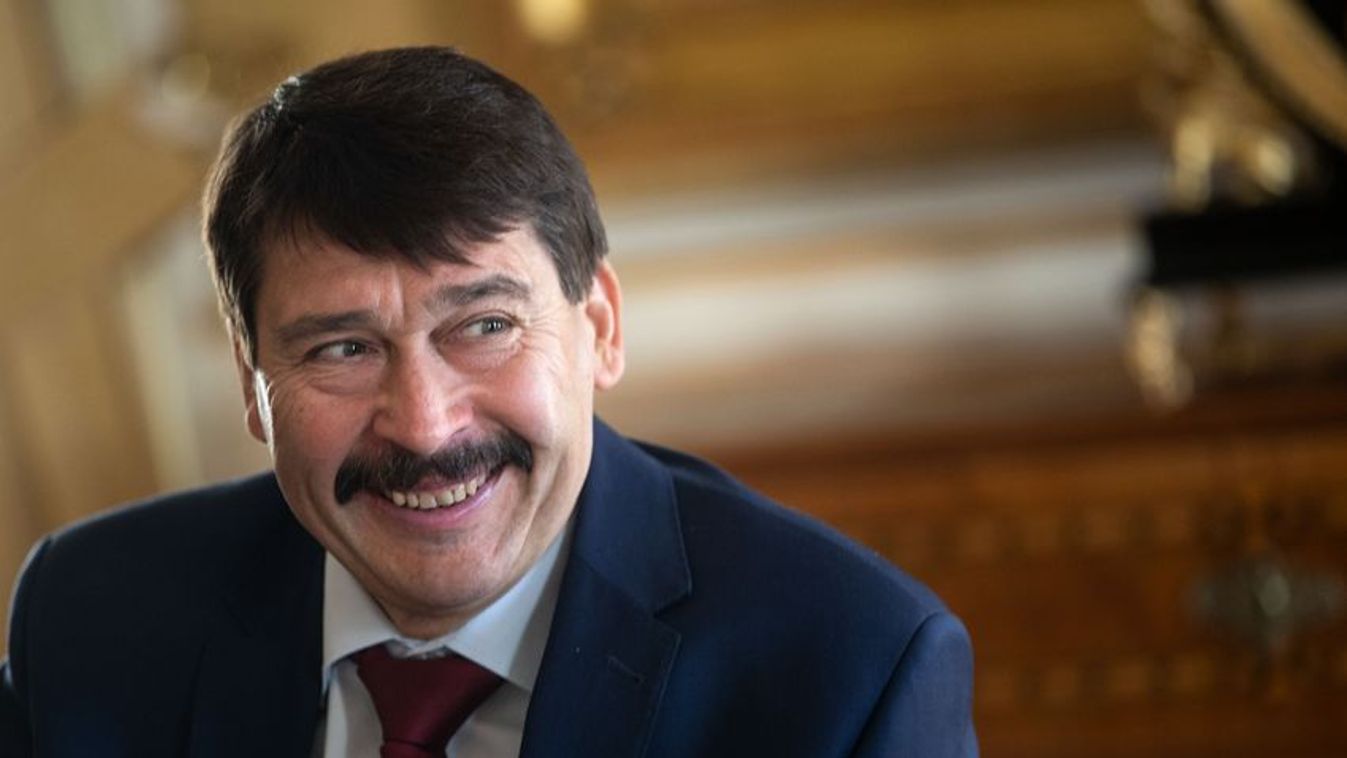
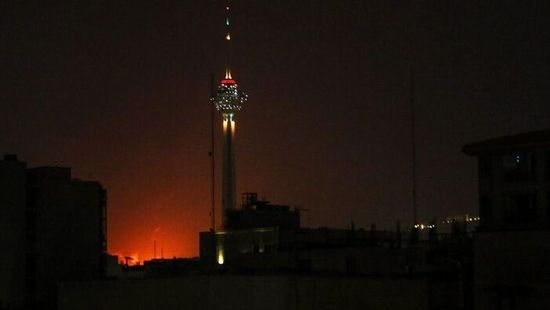
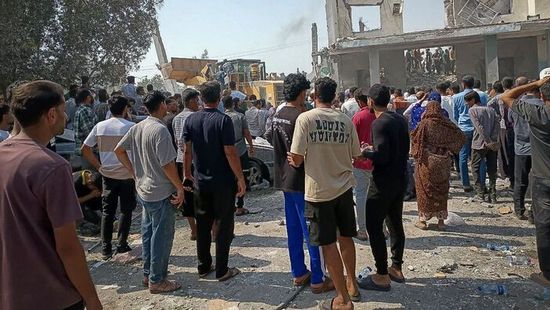
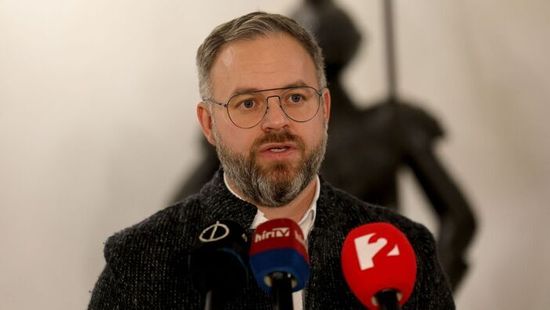
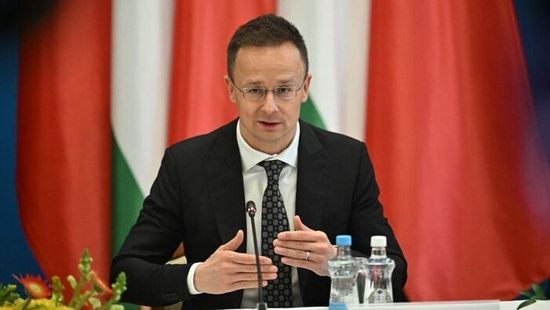

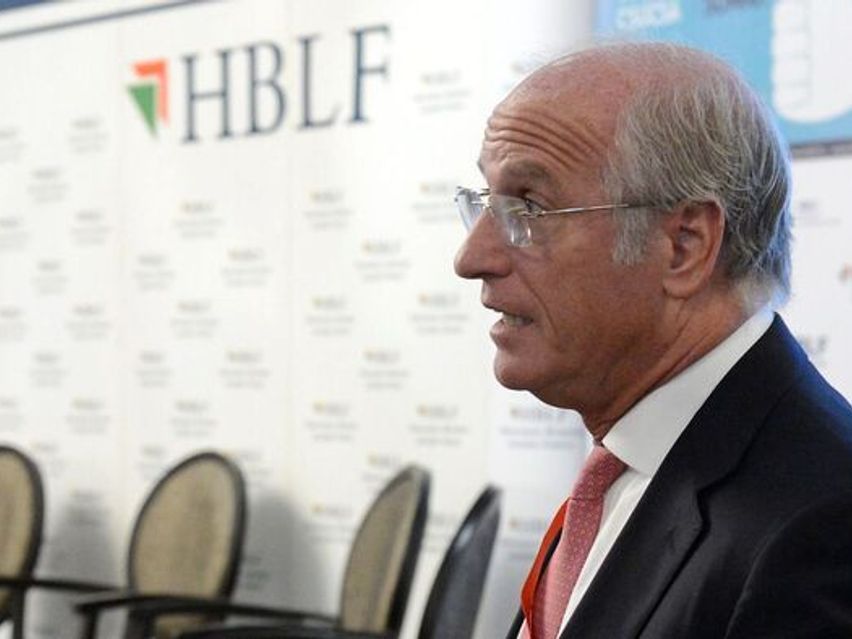
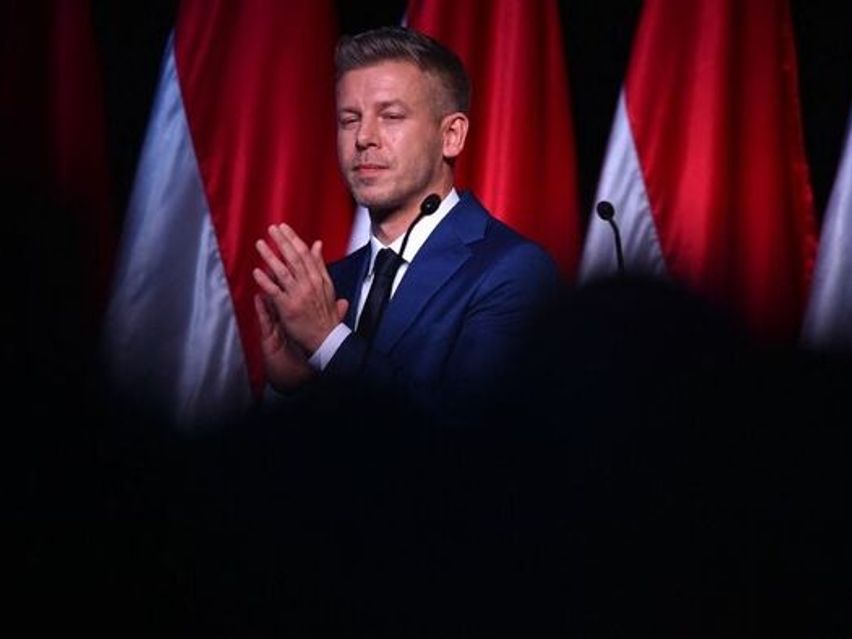
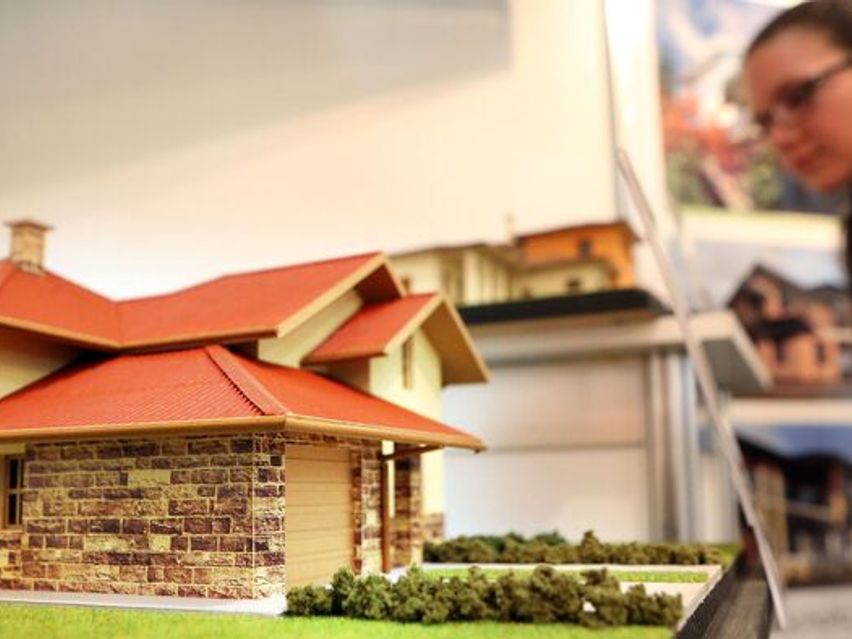
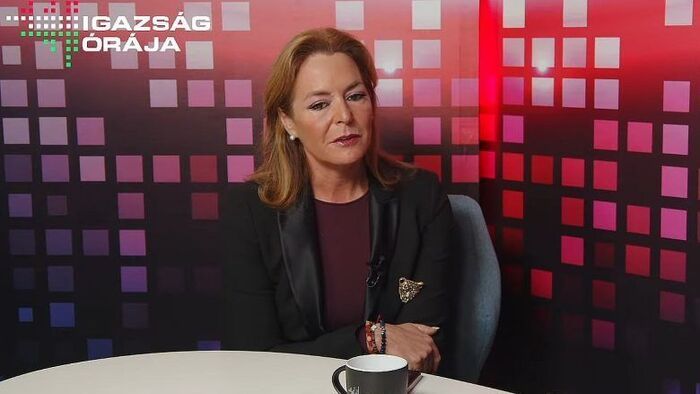

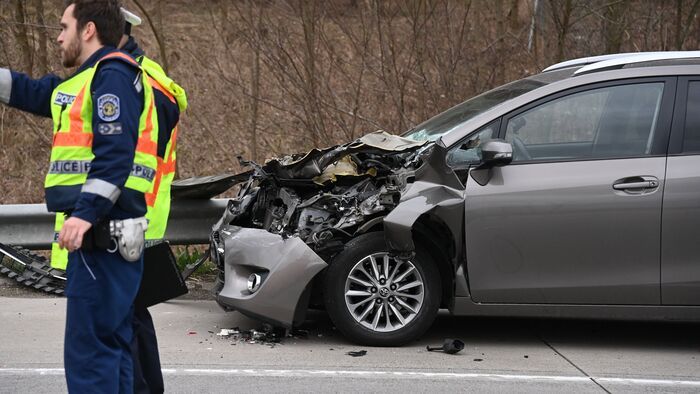
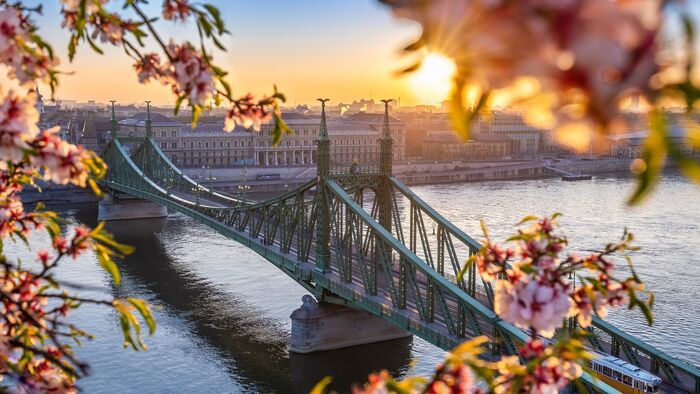
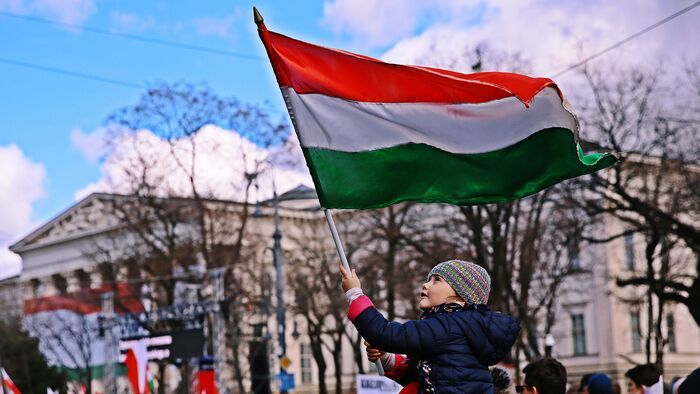
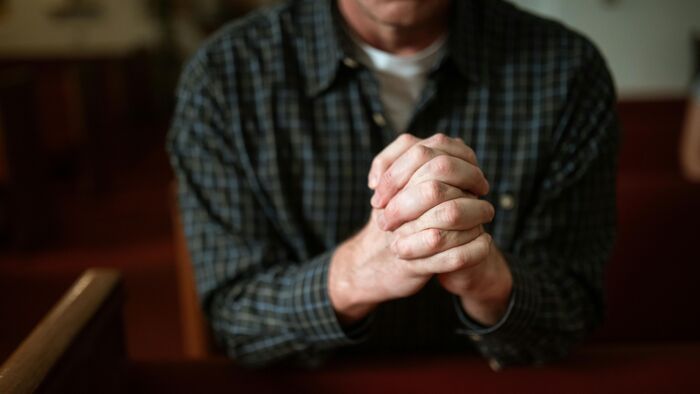
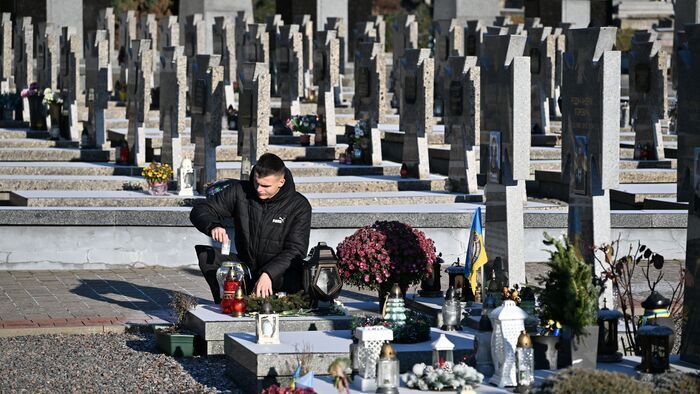

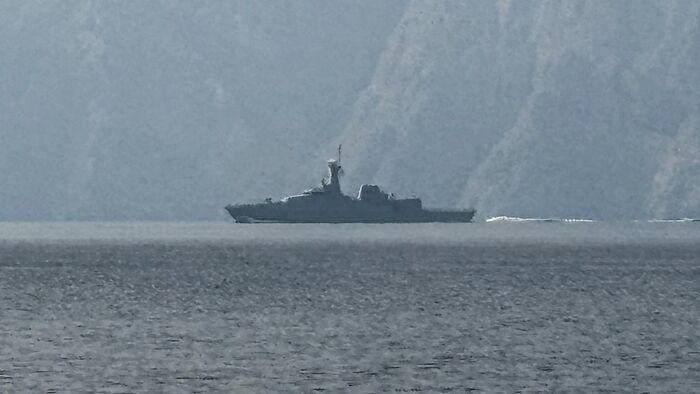

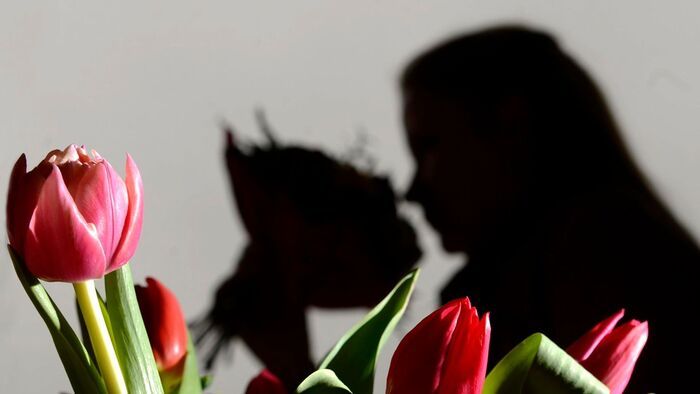
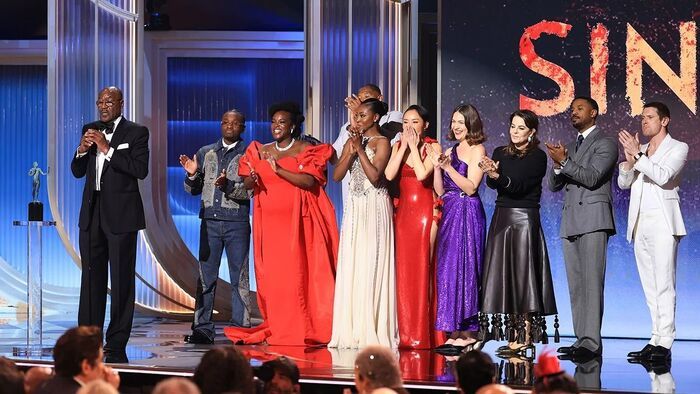
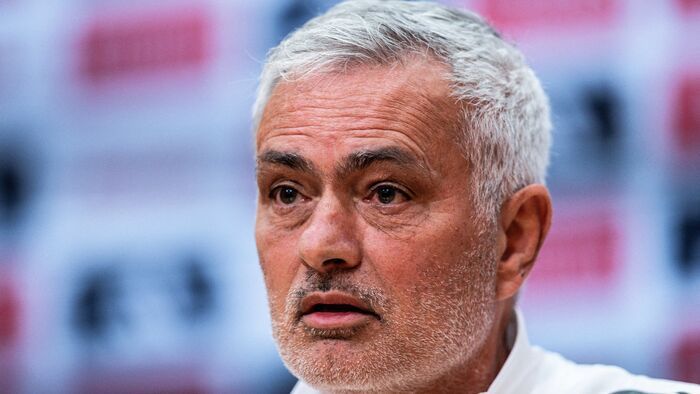

Szóljon hozzá!
Jelenleg csak a hozzászólások egy kis részét látja. Hozzászóláshoz és a további kommentek megtekintéséhez lépjen be, vagy regisztráljon!